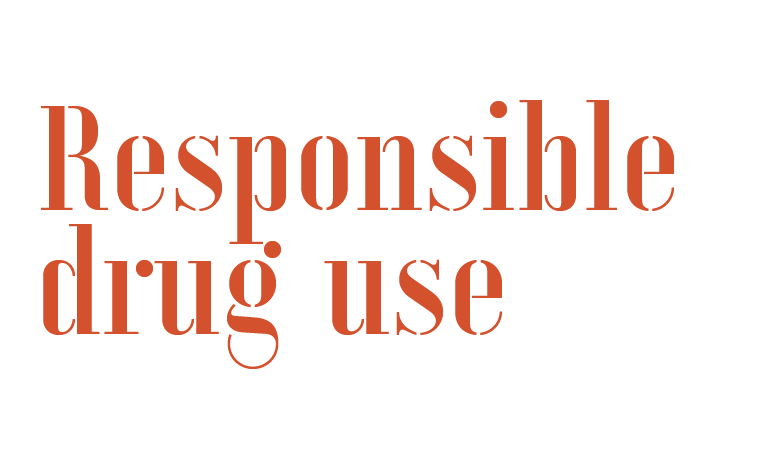Responsible drug use is a set of diverse ideas and practices based on the premise that recreational substances can be used in a healthy and responsible manner by consenting adult individuals. It is closely related to the concept of harm reduction, which seeks to minimise the risks and hazards of psychoactive substances while maximising their benefits via education and training
According to the harm reduction approach, recreational substance use is first-and-foremost to be understood as a high-risk activity that inherently involves the risk of addiction, serious bodily injury, and death. Therefore, the most pragmatic strategy an individual can adopt — other than complete abstinence, which may not always be realistic or desirable — is to carefully research each substance and take practical steps to reduce the risks and harms associated with using it, until the benefits outweigh the cost.
Examples of general harm reduction advice include:
Educating oneself on the effects and legality of the substance being consumed
Measuring accurate dosages and taking other precautions to reduce the risk of overdose
Taking the time to chemically test all substances being consumed to determine purity and strength
Not driving, operating heavy machinery, or otherwise being directly or indirectly responsible for the safety or care of another person while intoxicated
Having a trip sitter when taking a substance with which one is not familiar
Not attempting to trick or persuade anyone to use a substance they are not willing to use
FAQs
-
No, harm reduction does not enable drug use. Harm reduction acknowledges that people are going to do drugs regardless of harms and repercussions that come with it. Harm reduction focus’s on informing people of the risks that they are taking and ways in which they can minimise the harms that come along with using substances.
-
Item description
-
Item description
